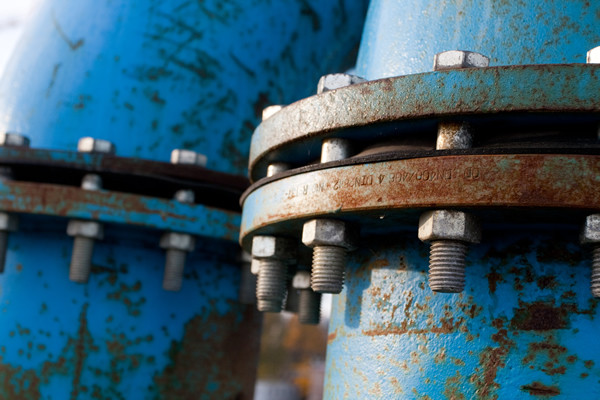Focus on the fabrication phase
Certainly, let’s delve deeper into how Asset Integrity Management (AIM) is applied during the fabrication phase in industries like oil and gas. This phase is crucial as it sets the foundation for the asset’s long-term integrity and safety. Here’s an exploration of AIM’s role during the fabrication phase:

1. Materials Selection and Procurement:
- Risk-Based Material Selection: AIM begins with selecting materials that are suited to the intended application and the environmental conditions in which the asset will operate. This involves considering factors such as corrosion resistance, strength, and durability.
- Quality Assurance: AIM managers ensure that materials meet stringent quality standards. This involves inspecting materials upon delivery, verifying material certificates, and conducting audits of suppliers to guarantee compliance with specifications.
2. Fabrication Techniques and Processes:
- Method Selection: AIM plays a role in selecting the most appropriate fabrication methods, whether it’s welding, forging, or casting, based on asset design and the materials used.
- Welding Quality Control: Welding is a critical process in fabrication. AIM managers oversee welding procedures, ensuring they adhere to industry standards. They also implement robust welding inspection and testing procedures to verify the quality of welds.
- Non-Destructive Testing (NDT): AIM involves the application of NDT techniques such as radiography, ultrasonic testing, and magnetic particle testing to identify any defects or imperfections in fabricated components.
3. Health, Safety, and Environmental Considerations:
- Safety Protocols: Safety is paramount during fabrication. AIM managers ensure that stringent safety protocols are in place to protect the workforce and the environment. This includes the use of personal protective equipment (PPE), safety training, and hazard identification.
- Environmental Impact Mitigation: AIM addresses environmental considerations by implementing measures to minimize the environmental impact of fabrication processes. This includes waste management, emissions control, and adherence to environmental regulations.
4. Quality Assurance and Quality Control (QA/QC):
- QA/QC Programs: AIM establishes comprehensive QA/QC programs to monitor and control the quality of fabrication processes and products. This includes setting quality standards, conducting inspections, and documenting results.
- Inspection and Testing: AIM ensures that components and structures are subjected to rigorous inspection and testing at various stages of fabrication. This includes dimensional checks, material verification, and NDT as previously mentioned.
5. Change Management and Scope Control:
- Managing Changes: AIM managers are responsible for assessing the impact of design changes during fabrication on asset integrity. They ensure that any changes are thoroughly evaluated, documented, and incorporated while maintaining safety and quality.
- Scope Control: Scope control is essential to prevent deviations from the original design specifications. AIM managers monitor and control the fabrication process to ensure that all components are built to the intended specifications.
6. Documentation and Traceability:
- Comprehensive Documentation: AIM mandates the thorough documentation of all fabrication activities. This includes records of material specifications, welding procedures, inspection reports, and quality control data.
- Material Traceability: AIM emphasizes the importance of material traceability, ensuring that every component can be traced back to its source. This traceability is crucial for accountability and for addressing potential issues related to materials.
7. Welding Procedure Qualification and Certification:
- Welding Procedures: AIM requires the development and qualification of welding procedures that conform to industry standards. AIM managers ensure that these procedures are followed rigorously.
- Welder Qualification: Welder qualification is a critical aspect of AIM during fabrication. AIM managers ensure that welders are certified and capable of producing high-quality welds.
8. Safety Audits and Compliance:
- Safety Audits: AIM includes regular safety audits during fabrication. These audits assess the effectiveness of safety protocols and identify areas for improvement.
- Regulatory Compliance: AIM managers are responsible for ensuring that all fabrication activities adhere to relevant industry regulations and standards. Non-compliance can have serious consequences for safety and project success.
In summary, during the fabrication phase, Asset Integrity Management (AIM) is instrumental in ensuring that assets are constructed to meet design specifications, safety standards, and environmental regulations. AIM managers oversee materials selection, quality control, safety, and compliance with rigorous documentation and traceability requirements. By diligently applying AIM principles during fabrication, organizations in industries like oil and gas can lay the foundation for the long-term safety, reliability, and integrity of their assets.
